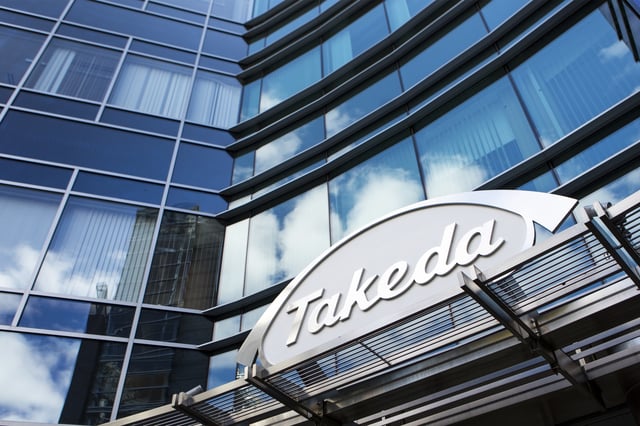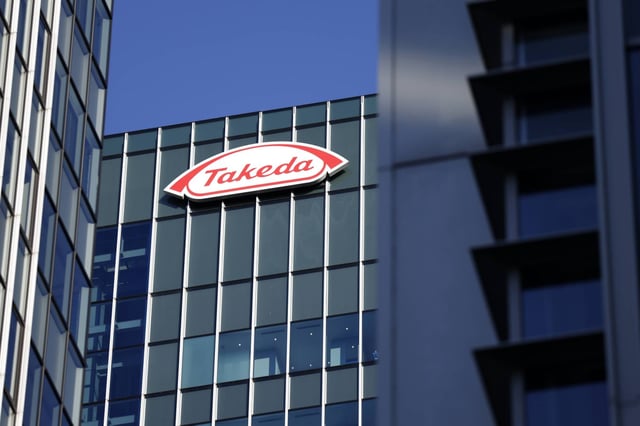Overview
- At a sleep medicine conference, Takeda reported two Phase 3 studies of oveporexton in Type 1 narcolepsy that raised Maintenance of Wakefulness Test times from about five minutes at baseline to roughly 20–25 minutes after 12 weeks.
- Takeda said median weekly cataplexy rates fell by more than 80% and cataplexy‑free days rose from 0 to between 4 and 5 per week.
- The company reported no serious treatment‑related adverse events or signals of liver toxicity or visual disturbances, with common events including insomnia and frequent urination that were mostly transient.
- Takeda plans to submit oveporexton for approval by the end of March, as analysts projected strong commercial potential including a U.S. market of about 120,000 patients and possible $1 billion in annual sales.
- Rivals showed supportive data: Alkermes’ once‑daily alixorexton beat placebo across three doses in Phase 2 with wakefulness of 24–28 minutes and mostly mild to moderate side effects, while Eisai’s early E2086 study in 21 participants extended wakefulness with common events of dizziness, nausea and urinary urgency.


